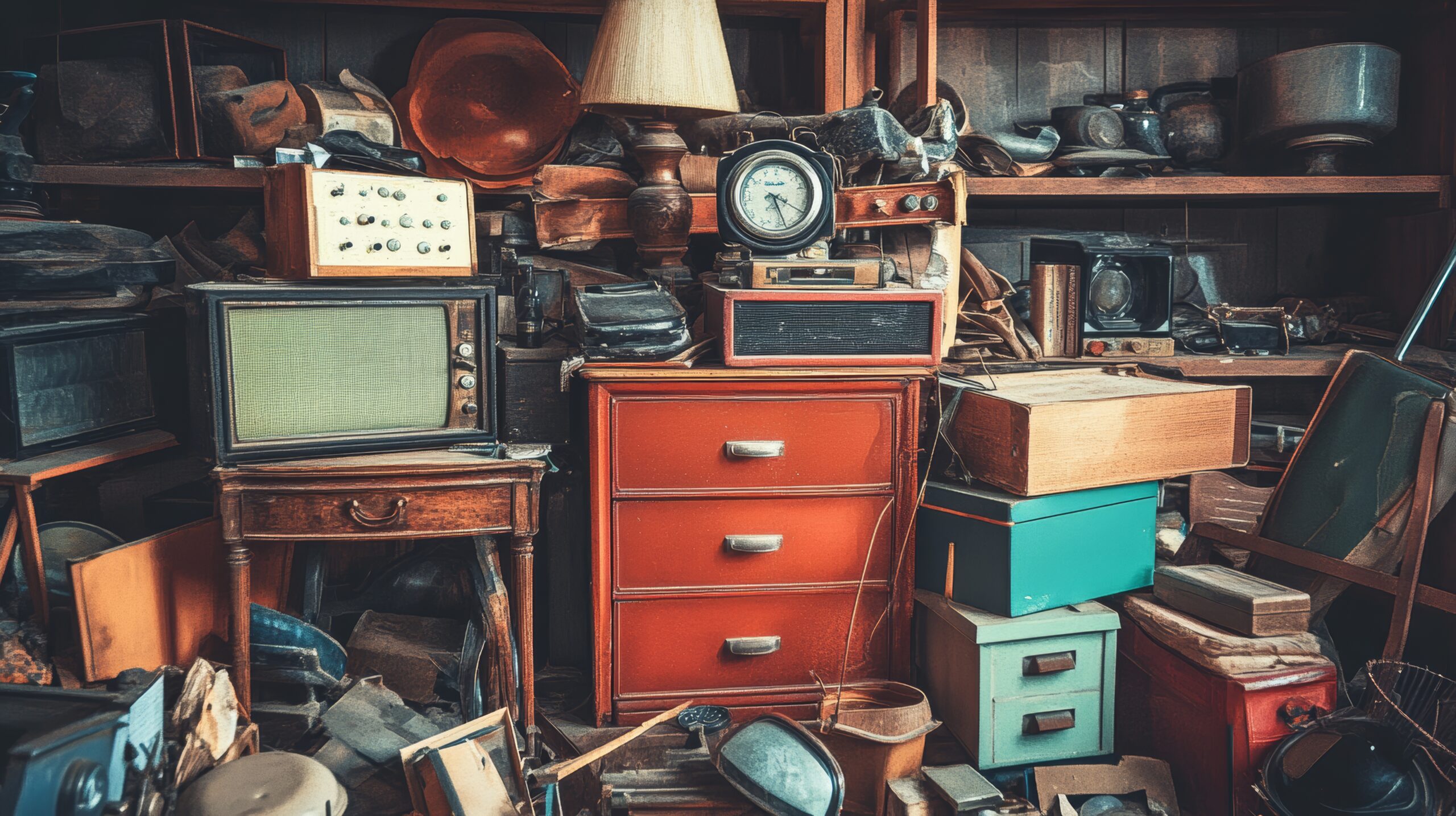Estate sales are treasure troves for those who know how to navigate them. Whether you’re a seasoned collector or a novice, understanding the nuances of estate sales can turn a weekend hobby into a profitable venture. Over the years, I’ve discovered countless hidden gems and maximized profits by following a few key principles. In this blog, I’ll share my insights on how to make the most out of estate sales, from preparation to the final purchase.
Understanding Estate Sales
What Are Estate Sales?
Estate sales typically occur when a family decides to sell most of their belongings due to downsizing, relocation, or after the passing of a loved one. Unlike garage sales, estate sales often involve the entire contents of a home, including furniture, antiques, collectibles, and everyday household items.
These sales are often managed by professional companies that organize and price the items, making them an ideal hunting ground for valuable finds.
Why Estate Sales Are Unique
What sets estate sales apart from other sales events is the sheer variety and potential for high-value items. You might stumble upon a vintage coin collection, antique furniture, or rare collectibles that are undervalued. The thrill of uncovering these hidden treasures is part of what makes estate sales so exciting.
Preparing for an Estate Sale
Do Your Research
Before heading to an estate sale, it’s crucial to do some homework. Start by checking local listings and estate sale websites to find upcoming events. Look for sales that advertise items of interest, such as antiques, coins, or collectibles.
Research the neighborhood where the sale is taking place. Upscale areas might have higher-end items, while rural sales might offer unique finds related to farming or vintage tools.
Arrive Early
The early bird often catches the worm at estate sales. Arriving early gives you the best chance to browse through the most desirable items before they are picked over. If the sale starts at 9 a.m., aim to be there at least 30 minutes beforehand.
However, keep in mind that early arrivals might face higher prices. Some estate sales offer discounts as the day progresses, so balance the need for a good deal with the desire to get first pick.
Spotting Hidden Gems
Know What to Look For
Hidden gems are often found in unexpected places. Don’t just focus on the main rooms—explore basements, attics, and garages. These areas can house overlooked treasures like old tools, vintage toys, or forgotten collectibles.
When it comes to specific items, learn to recognize the signs of value. For antiques, look for maker’s marks, craftsmanship, and condition. For coins, familiarize yourself with rare dates and mint marks. The more knowledge you have, the better equipped you’ll be to identify valuable items.
Ask Questions
Don’t be afraid to ask the estate sale staff questions about the items you’re interested in. They can provide background information, confirm authenticity, or even hint at hidden items that haven’t been displayed yet.
Building a rapport with the staff can also lead to better deals or insider tips for future sales.
Maximizing Profits
Negotiate Smartly
Negotiation is a key skill when it comes to estate sales. While prices are usually set by the estate sale company, there is often room for negotiation, especially on the final day of the sale.
Approach negotiations with respect and reasonable offers. If you’re interested in multiple items, bundling them together can also increase your chances of getting a discount.
Consider the Resale Value
When purchasing items, always think about the potential resale value. Antiques, vintage collectibles, and rare coins often appreciate over time, especially if they are well-maintained. Research market trends and comparable sales to understand what an item might be worth in the future.
If you’re in the business of reselling, focus on items with a proven track record of demand. Furniture, art, and jewelry are often good bets, but don’t overlook niche markets that might have less competition.
Avoiding Pitfalls
Beware of Fakes
The antique and collectible market is not immune to counterfeit items. Be cautious when purchasing high-value items and consider bringing a magnifying glass or jeweler’s loupe to inspect small details.
If you’re unsure about an item’s authenticity, it might be worth consulting with an expert or skipping the purchase altogether. A little caution can save you from a costly mistake.
Don’t Overspend
It’s easy to get caught up in the excitement of an estate sale, but remember to set a budget and stick to it. Overpaying for items can eat into your potential profits.
If an item doesn’t fit your budget or isn’t a must-have, be prepared to walk away. There will always be another sale with new opportunities.
Conclusion
Estate sales are a fantastic way to find valuable items and turn a profit, but success requires a combination of preparation, knowledge, and strategic buying. By doing your research, knowing what to look for, and negotiating smartly, you can uncover hidden gems and make the most out of each sale.
Whether you’re a seasoned collector or just starting out, the thrill of the hunt and the joy of discovery make estate sales an adventure worth pursuing. Happy hunting!
